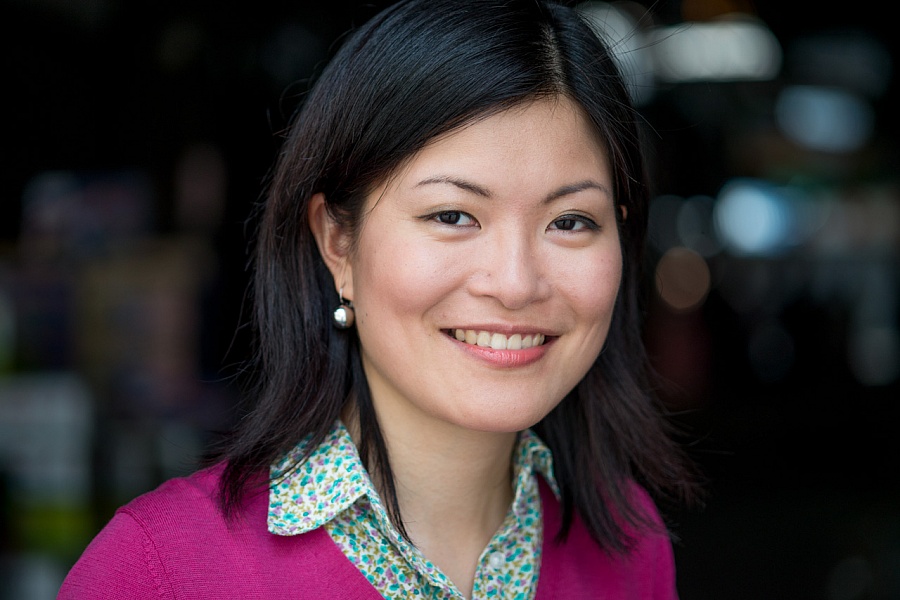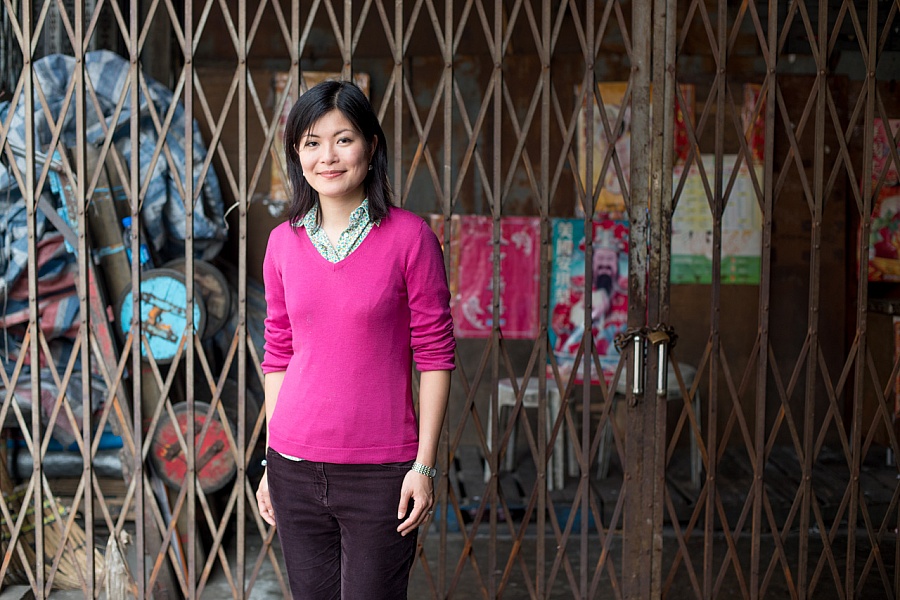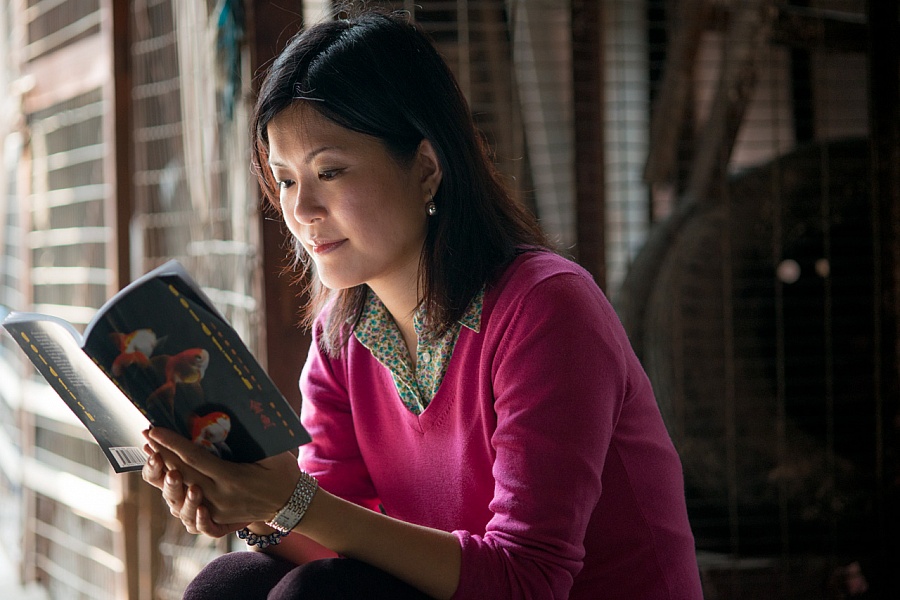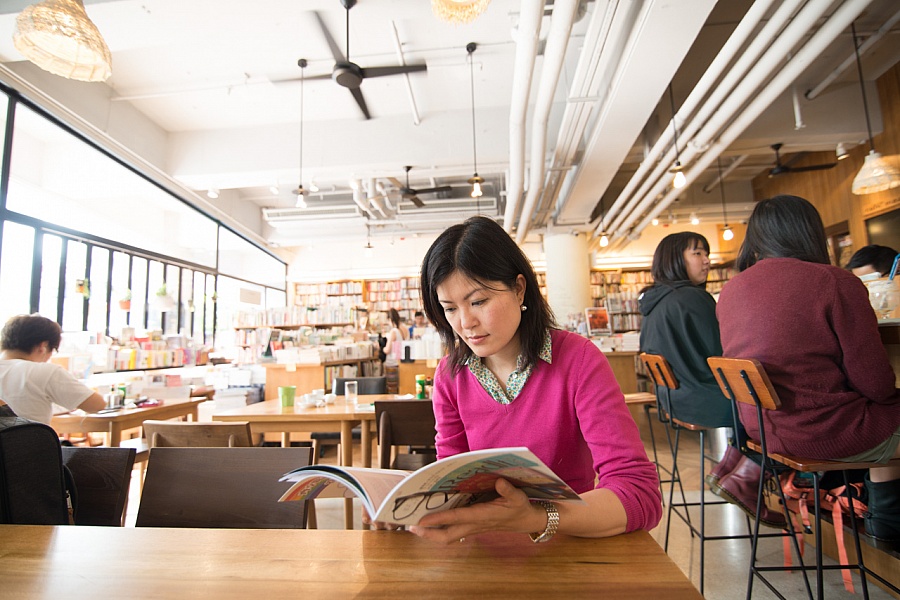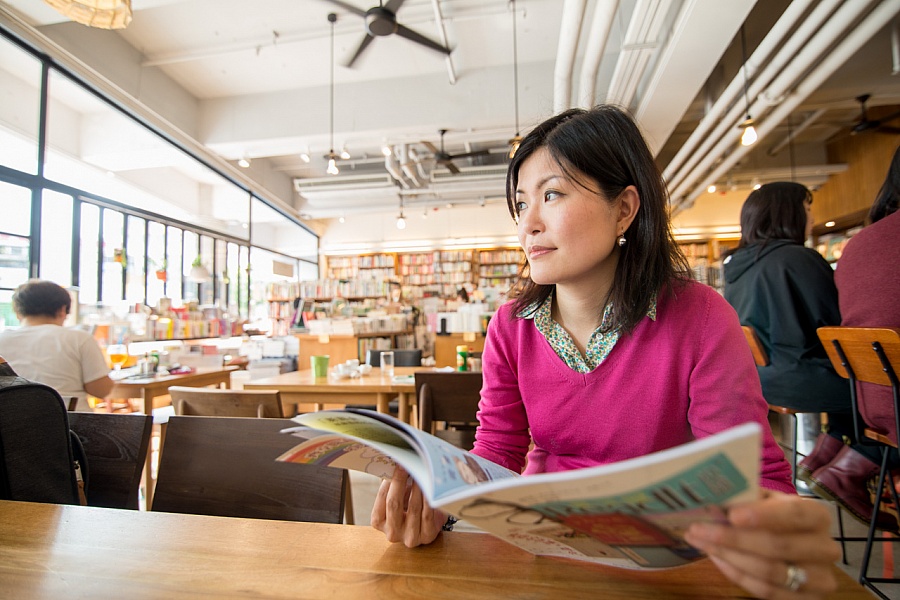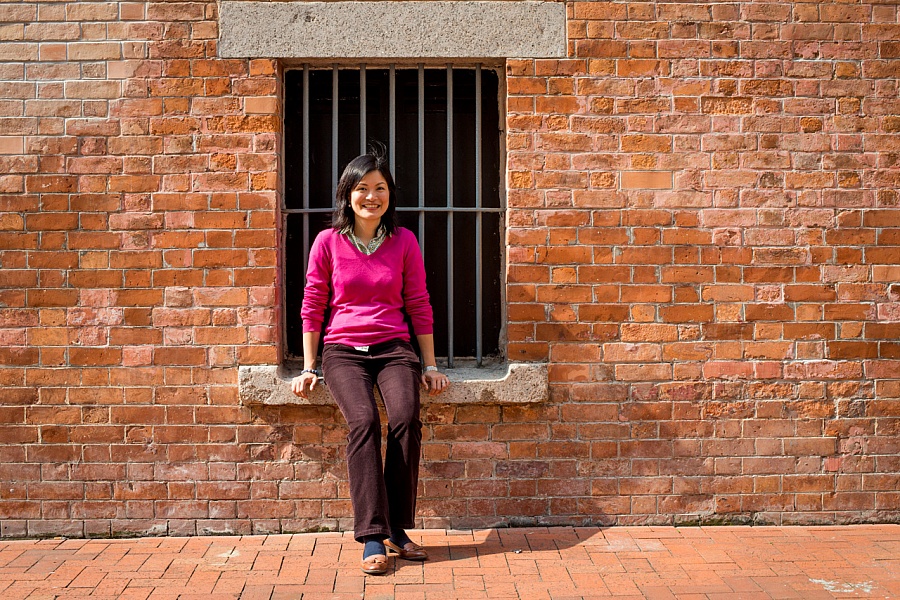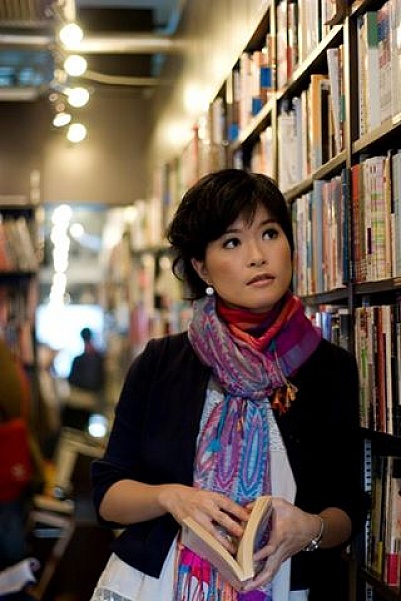Hong Kong is often said to be a 'cultural desert', and the arch-stereotype of it as a strictly financial city is not sympathetic to anyone who harbours literary ambitions. However, the story of poet Jennifer Wong shows that there is actually much is this often maddening society that fires literary passion and imagination.
It could all have turned out very differently though. Jennifer studied English at Oxford on a scholarship. Straight after university she joined the cream of the Hong Kong civil service as an administrative officer. A promising career beckoned, but she quitted her "iron rice bowl" within a mere four years.
A stint as a PR executive at Swire Properties, another local institution, followed. But she did not stay long there either, choosing to return to what she loves best – poetry – when she was accepted on the prestigious masters in creative writing course at the University of East Anglia in the UK in 2008.
The default reaction in this pragmatic city would be perplexed admiration if not furious disapproval at why someone with a career seemingly sorted out and a "good life" ahead of her would choose to forsake stability to pursue something as economically unproductive as literature (the Politics and Religions degree I did in university has also baffled many over the years), but it was a decision that Jennifer has not looked back on.
"I also love stability, but my philosophy is that you want to start and persevere in what you are really keen about," Jennifer said. "For me, I asked myself previously if I would feel happy to be promoted one day to be a PR director of a company, and I knew the answer is 'no', so that prompts me to persist in my dream."
As a teenager, Jennifer started writing in English purposefully because she needed the regular practice to do well in school. However, if her initial motivation was prosaic, it was also the start of what would turn out to be a life-changing journey for the assiduous student. "Reading English-language novels and poetry have encouraged me to write in the language, which seemed, at the time, especially exotic and liberating," the soft-spoken poet recounted.
To this day, the emancipatory appeal of writing in a different language continues to propel her. "It's a way for me to get out of my local 'place'. I have lived in Hong Kong all my life and I am taken or was taken as a different person - a diligent student from an elite school, a hard-working government officer, a professional PR executive. I want to be free of those labels. Writing in English is a way of rebellion and to subvert my other identities."
Having lived abroad for the best part of the past 15 years, I can totally relate to the sense of freedom – empowerment even – of writing, thinking and living in languages other than one's native tongue. It has been a long, but always fun experience shedding and dissecting the cultural baggage of Cantonese with new ideas – or effectively, tools – learned from different cultures. Ultimately I have come to appreciate the idiosyncrasies of the Chinese mentality.
But while Jennifer wields the power of the pen to find her own space and to rebel against the expectations placed on her by the society in which she grew up, it would be wrong to think that she has turned her back on Hong Kong. In fact, the city has been a wellspring of inspiration for her poetry.
Jennifer is good at incisively reading what may appear to be everyday or mundane yet distinctively Hong Kong scenes in slow motion, before condensing the individual frames into a bijou of punchy lines to capture the beats and textures of the city. For example, in "Trams on the Island", she wrote:
Our bodies jolt
At the crash of metal wheels
On the glinting iron tracks.
The vibration spreads
To the granite ground where we stand.
Elegant economy is certainly a key feature of Jennifer's prose, but the language in her poetry can also be suggestive, sensual and intoxicating, perhaps none more so than when a pair went for "A Walk in the Woods" near Tai Tam Reservoir and swooned under the rich poetic possibilities of the gorgeous Hong Kong countryside:
I could not see where the road would lead us.
It glittered, under the fierce noonday sun, like diamond.
You said it looked beautiful, slanting, like a woman's shoulder-blade.
However, what makes Jennifer's works particularly enjoyable to read is the blend of whimsical and biting observations that she passes on Hong Kong society.
Standing underneath "Gooseneck" Bridge (as Canal Road Flyover in Wan Chai is colloquially known), she noticed that "Skyscrapers in the shape of swords / hovered above us like gods".
In "Cityscape", her detachment from the holy imperative of money-making in Hong Kong allowed her to see how "black-headed people rise like dough" during the morning rush hour and hear "engines of vehicles purr and drone on like a long prayer". Standing at the Peak as night fell, and with a world-famous skyline in front of her, Jennifer's deep ambivalence about what powers the façade of Hong Kong's economic success was as surreal as it was sobering:
I stared, as though it were a pitch-black well,
Wondered for a moment if a life
So sky-reaching, money-deep - might drown.
It ain't all grim though, as she can also find innocence, or redemption even, in our city from fleeting moments of wonderment like the "significant occasion" of a child buying an ice cream for the first time with his own coins in the feel-good poem "Queen's Pier Central".
In her first anthology of poems Summer Cicadas (2006), Jennifer explored the meaning of belonging after living across two cultures while trying to understand Hong Kong from a removed distance. However, in her second poetry collection, Goldfish, which was published earlier this year, a different orientation developed.
"As I promote my new book and take part in readings, I realise that people outside Hong Kong are actually interested in our culture (buying kumquats at Chinese new year, superstitions, turtle jelly, Miss Hong Kong etc), which is rewarding. I begin to think that writing is also a platform for me to share my cultural roots and life philosophy." In "Gobbling Down Auspicious Chinese Dishes", Jennifer shows how she can get to the heart of culturally-loaded Chinese concepts with inventive yet very straight-forward turns of phrase: lovingly-stewed abalones become "fat pockets of prosperity" while dried oysters with black moss "reek of fantastic news". Similarly "Turtle Jelly" pays playful homage to ancient Chinese herbal wisdom. "As I develop my writing, I hope it can be read by others who don't have access to the Chinese language. I want them to know what it's like – how we (Chinese) think and live. There is a feeling of wanting to be understood," Jennifer said. Since she left her high-flying jobs in Hong Kong, Jennifer has been working as a freelance writer and translator. Recently, she started a PhD studying the works of Asian American poets. "I don't think it is necessary to give up everything to be a writer/poet. There are many (even me) who work in humble day jobs. The thing is rather, not to give up your passion and talent despite the ordinary, and necessary, demands of life."
Today, Jennifer lives in London with her husband but her hometown is never far away. "Hong Kong is always in my heart, it's an anchor. After all I spent my most formative years in this city, and it is a city where things are always happening, and the urban landscapes always changing."
The dynamics of change will dominate a book that Jennifer is now writing on top of her PhD studies. "It is to do with my growing up, and the changing face of China and the Chinese people."
We can look forward to what will be a highly interesting new read from Jennifer as she brings her distinctive brand of tenderness, cosmopolitan savvy and witty observations interweaving personal history with the future of a culture – and people.
What do you like the most about Hong Kong?
The food! I miss the fish ball snacks, authentic beef brisket noodles, nourishing soups and freshly-steamed oriental fish.
The efficient, gregarious and hard-working nature of the people is something to admire. I also like some of the humanity-driven values in society, such as the emphasis placed on care for the elderly and children.
And of course, the mix of East and West excites!
What do you dislike the most about Hong Kong?
Pessimism and fear.
What does Hong Kong have to do to be sustainable?
Hong Kong is overcrowded and overloaded. The city really needs a sound population policy to distribute resources more properly.
Also, Hong Kong's education system is too exam-based, and there's too much pressure on schoolchildren too early. You hear reports that kids applying for a primary school place or even just to get into kindergarten have to prepare a big portfolio as part of the assessment. The system has to go beyond just training students to score good marks in exams. It needs to be more holistic to develop more well-rounded individuals.
